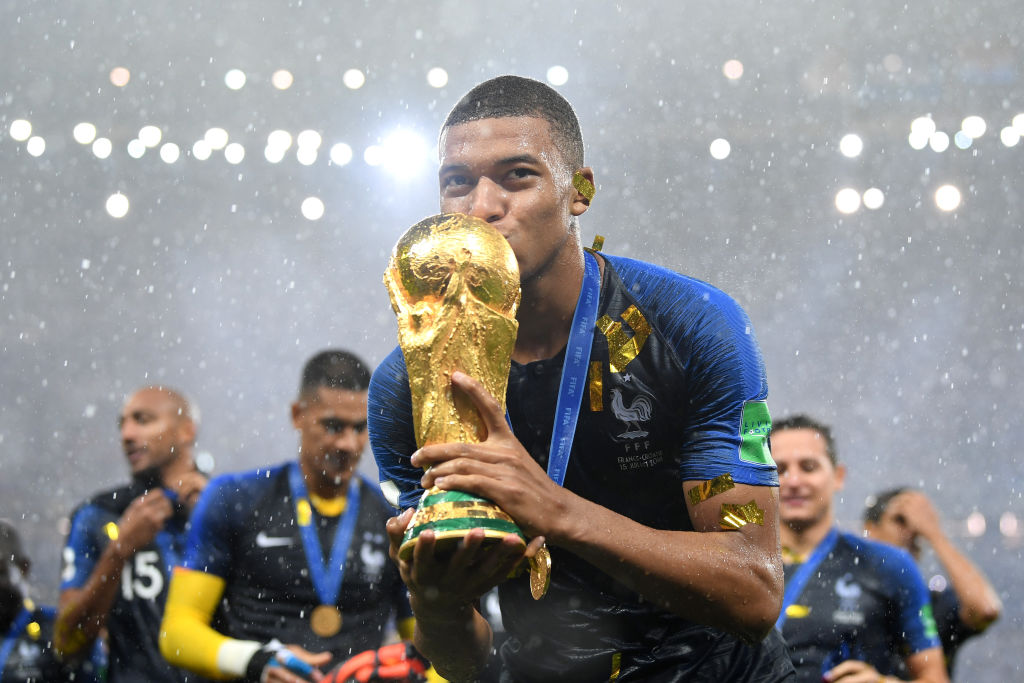Fifa biennial World Cup claims questioned by sport industry experts

Leading figures in sports marketing have questioned Fifa’s claim that switching to biennial men’s World Cups would drive a huge revenue increase.
Football’s world governing body revived the argument to stage its showpiece more regularly on Monday by presenting research that estimated the change would boost income by 60 per cent over the first four years.
The research, carried out by Nielsen, forecast a revenue increase from £5.3bn to £8.6bn that would mean an extra £12m for every Fifa member nation.
That uplift would be expected to come from media rights and sponsorship, but senior figures in the sport industry doubt whether it is achievable.
“Over supply will dilute the prestige of the tournament very quickly,” Steve Martin, M&C Saatchi Sport and Entertainment’s global CEO, wrote on Twitter.
“It shouldn’t all be about the $$$! Having a World Cup every four years keeps its magic in my view and also keeps a distance between Euros.”
Michael Payne, former marketing director of the International Olympic Committee, wrote: “Double revenues – sincerely doubt! Destroy the special rare nature of the brand – definite possibility.”
European clubs, leagues and governing bodies are firmly opposed to biennial World Cup plans, which they believe would hurt their interests.
A report commissioned by European governing body Uefa last week estimated the proposed change would dent the income its member national associations by up to £2.6bn over four years.
Uefa has recently forged a closer alliance with its South American counterpart Conmebol, which also firmly opposes biennial World Cups. Together they represent 65 of Fifa’s 211 members.
Fifa president Gianni Infantino insisted on Monday he remained confident of getting the required support to approve the plans.
“If I was going to a vote tomorrow probably the majority would vote in favour of World Cups every two years,” he said.
“But we are looking at the entire calendar. We are looking at how we can make football better and we’re looking at how many we can bring on board with a new way of organising football in the future.
“We continue the dialogue, we continue the analysis, we hope that we can make progress one way or the other, or some middle way.”
